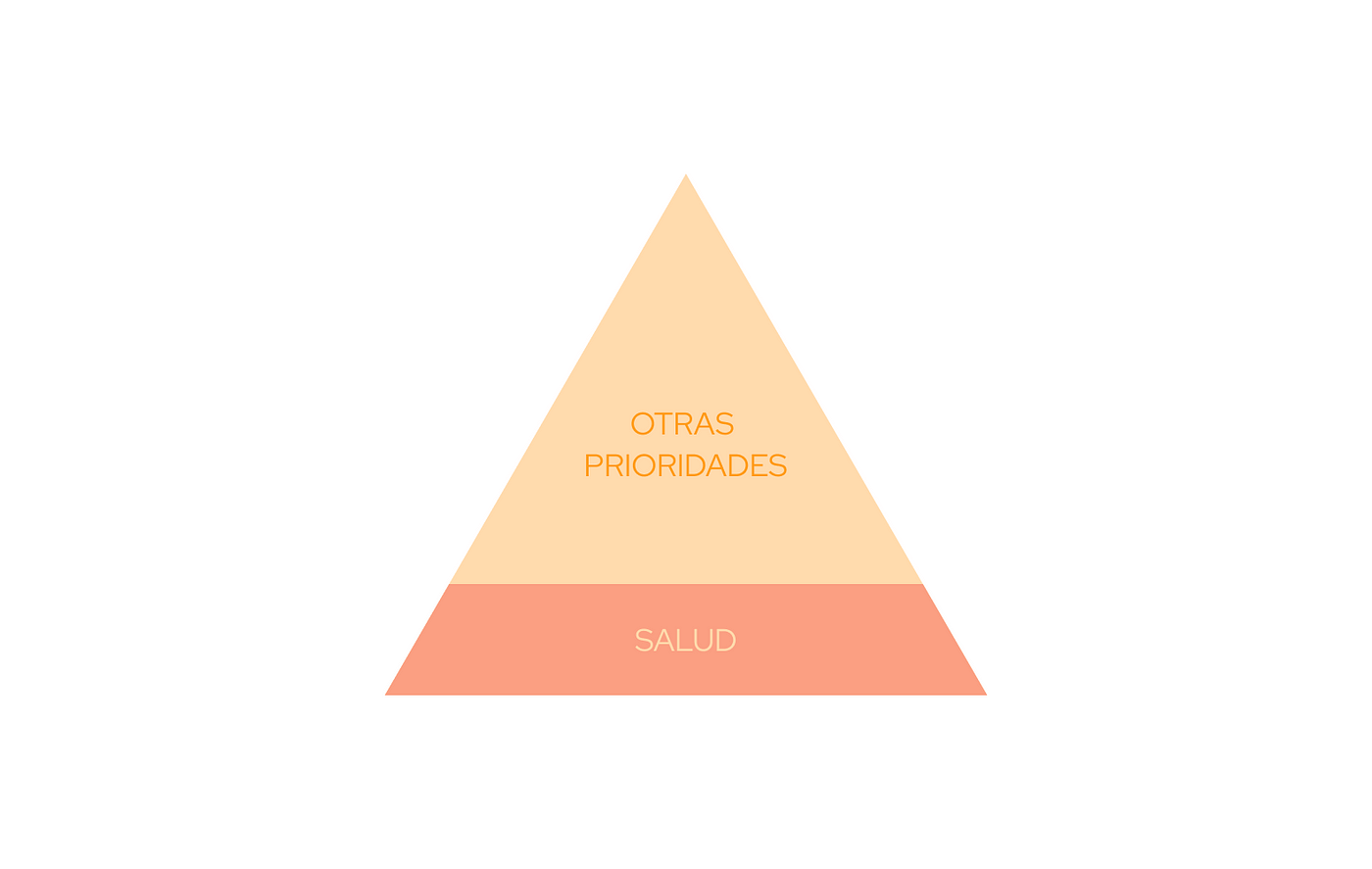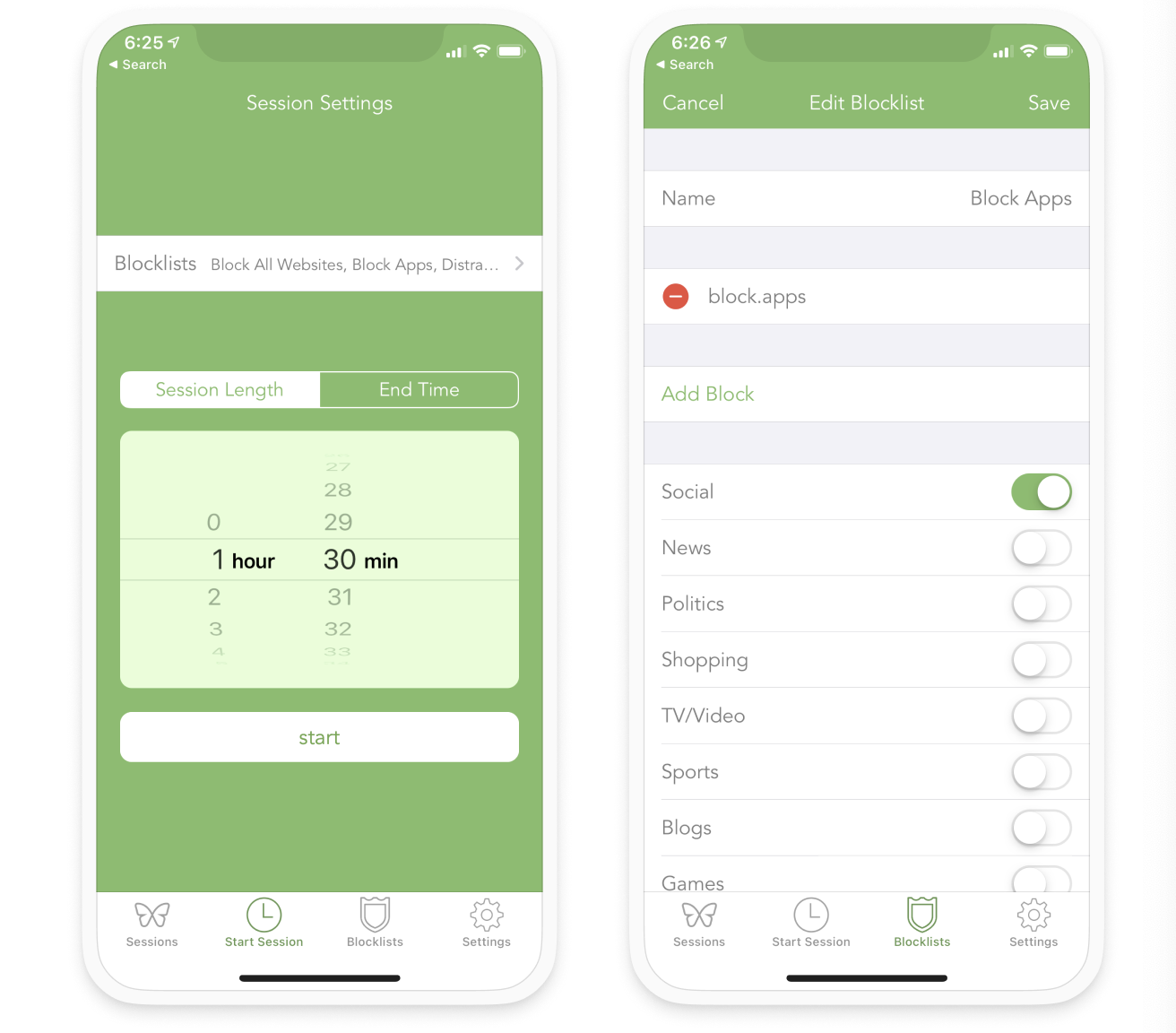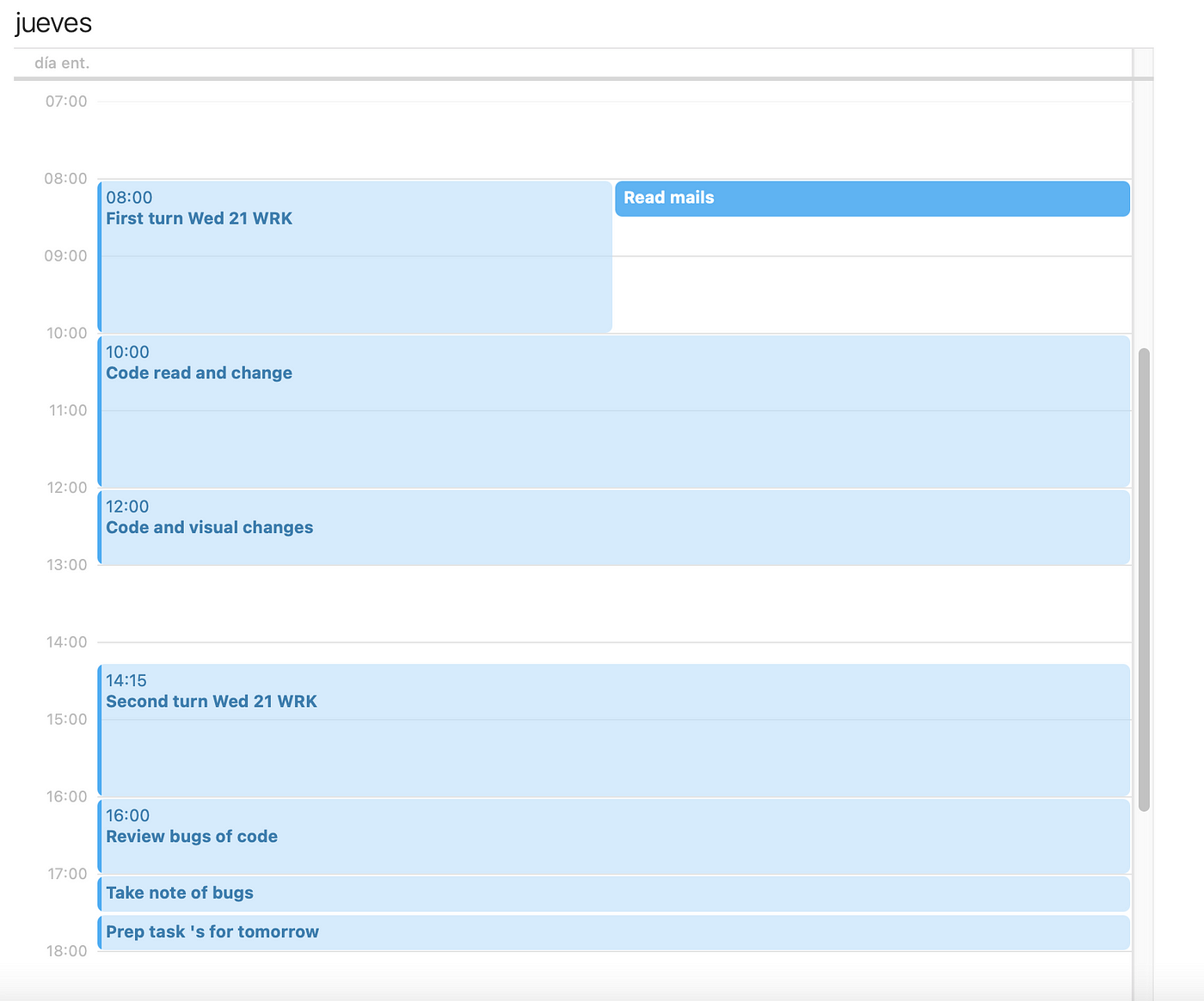When doing things is not enough.

When we’re overwhelmed with work and life, simply deciding what to do first can consume as much time and mental energy as carrying out those tasks.
How can I get enough sleep while working toward my goals?
How can I balance family demands with my own personal well-being?
The antidote to chronic overwhelm is to accept—truly accept—that you can’t do it all. Believing otherwise will only make you feel guilty, stressed, and miserable. Prioritization is the process of recognizing the limits of your time and energy, freeing yourself from the expectation of doing everything, and reclaiming control of your to-do list. Ultimately, it’s about living a life aligned with your values.
How to Prioritize When There’s Always More to Do
Developing productive habits involves creating processes and, most importantly, knowing how to manage them. Over the past year, the pandemic has complicated and changed these processes significantly. While this brought certain advantages, it also introduced new challenges. Sometimes, when managing them, we overlook necessary priorities. Since prioritization is part mindset, part habit, and part skill, you can learn to cultivate it over time. Although specific priorities vary from person to person, there’s a set of general areas we all need to prioritize in order to function at our best.
These priorities help us reach our long-term goals and generally make life more meaningful. However, we often let days, weeks, or even months pass without focusing on them—leading to consequences that can harm our health and productivity.
It’s important to realize these tasks are essential to maintaining balance until they become habits. We should make sure these crucial tasks appear at the top of our daily planning.
Health
Perhaps you’ve felt that endorphin rush after a healthy meal or finishing a solid exercise routine. Yet, when life moves at breakneck speed, procrastination makes scrolling through your favorite social network more tempting than doing a workout. We may also skip a healthy dinner in favor of quick meals so we can keep working late. In doing so, we neglect not just our physical health but also our emotional and mental well-being.
These decisions—whether intentional or subconscious—add up over time and spill into other aspects of our lives. Eating junk food constantly keeps our energy levels unstable and often hurts our ability to concentrate.

Your health is the foundational engine allowing you to operate at full capacity. If you don’t prioritize it, you’ll see noticeable consequences in your performance as a professional.
Sleep and Rest
Whether you’re a student or a professional pulling an all-nighter to meet looming deadlines, you must get enough rest. If you think sacrificing more sleep for extra work hours is beneficial, you’re mistaken. Those late hours often end up being less productive than you’d expect, and you lose more than you gain.
Dr. Matthew Walker, Professor of Neuroscience and Psychology at the University of California, warns in his book Why We Sleep about the side effects of inadequate rest:
- Our emotions become unstable: One study found a 60% increase in emotional reactions after poor sleep.
- Our learning is affected: Another study found a 40% deficit in students’ ability to form new neural connections and memories compared to a control group.
We also can’t ignore the rise in cortisol levels and the suppression of growth hormone. Walker noted that lack of sleep affects every major system in our bodies—cardiovascular, metabolic, immune, and reproductive. While he may have emphasized some points, we can’t deny that after a day or two of insufficient rest, we feel more tired, anxious, and unproductive.
Friends, Family, and Relationships
It’s worth noting we’re human above all else—social creatures who crave connection. However, when things get tough, we often neglect our loved ones, assuming they’ll be there when life becomes less busy. Relationships can’t be put on autopilot; we have to maintain them so they don’t deteriorate over time. From forgetting a birthday to missing out on a game night with your kids because of work, neglect can slowly erode these bonds. As deathbed confessions reveal, people regret how much time they spent working and wish they’d stayed in touch with friends.
We must prioritize spending time with loved ones and building new, meaningful relationships. Sometimes we need to take the first step, set boundaries about what is and isn’t negotiable, and keep in touch—even if it’s just a quick hello on social media.
Productive Work
Many of us may have visited this blog looking for tips on how to do more of what we’re already doing. However, that often means repeating what’s making us uncomfortable in the first place. While many of us aim to advance our careers—studying for exams or seeking promotions—there’s a difference between working hard and working smart. It’s easy to fall into the “work hard” category: responding to an endless stream of tasks and messages, going from one meeting to another, and accepting any new assignment that comes our way.
But if you work more strategically—“smarter”—by focusing on your zone of genius, practicing deep concentration, and being selective about the tasks you add to your day, you’ll move forward more effectively. Funneling your digital time into a small set of carefully chosen tasks is essential for optimizing what you value most.
Some Tips for Improving Productivity
- Organize your email inbox daily: Set aside specific time—perhaps once a day—to review, reply, and send important emails.
- Keep up with your team’s messages: It’s vital to know what’s happening within your work team.
- Set aside a time block for repetitive tasks: Cluster those annoying daily tasks to make them less burdensome. A good practice is to start with tasks that give you the most satisfaction; completing them releases more serotonin and dopamine, fueling motivation for tackling harder tasks next.
Conversely, watch out for complex tasks that may derail your daily productivity. These can trigger procrastination and negative feelings of incompetence, preventing progress on the ambitious projects that could lead to promotions or better opportunities.
Some strategies to avoid this pitfall include learning to delegate or outsource tasks, automating processes, and—most importantly—learning to say no. Let go of guilt and recognize the need to place your own priorities first. Saying “no” becomes easier with practice.
Finally, Strategies to Prioritize Your Tasks
Knowing which tasks to prioritize gives us clarity on what truly matters in life. The next step is to train small daily habits that help us reach the pinnacle of productivity.
- Capture all tasks in one place: You could use apps like Notion, Todoist, or Trello to track daily tasks. The first step in prioritization is gathering everything on a single list.
- Stay focused by eliminating distractions: Social networks and entertainment apps are often within easy reach. Tools like Freedom or Self Control help limit time spent online.

Don’t be fooled by the Shiny Object Syndrome: When boredom creeps into our routine, it’s easy to chase any new idea that appears more exciting. This only interrupts our focus, often making it difficult to regain. Resist the urge to shift your attention to something new just because it seems better in the moment.
Manage your energy, not your time: We have about eight or more work hours each day, plus another eight hours we should allocate to sleep, leaving various ways to prioritize what’s most important. Rather than watching the clock, pivot from time management to energy management.
Daniel H. Pink analyzes a pattern many people around the world exhibit: positive affect (“emotions like enthusiasm, confidence, and alertness”) is high in the morning, drops in the afternoon, and rises again at night. Use this information by scheduling high-priority tasks to close out your day effectively and reserving low-energy times for simpler tasks.
Count your hours, organized by blocks: The time-blocking method pushes you to plan your day hour by hour, grouping similar tasks rather than multitasking and constantly switching contexts. This can be particularly useful for setting priorities because it highlights exactly how many hours are in a day—forcing you to make the trade-offs you might otherwise avoid.

- Make a to-do list for the day
- Group tasks together in similar “blocks”
- Estimate how long each block will take
- Add each block to your schedule in order with the allotted time
- Complete each block from morning to night in sequence
- Adjust, modify, or postpone time blocks when necessary
Ensure that each day at least one of your time blocks relates to your main priorities—like high-impact work projects or learning endeavors.
Conclusion
Becoming truly productive is a practice that takes time to refine. It’s also important to remember that we’re not machines. Throughout this post, we’ve touched on different ways to boost productivity, but keep in mind it requires dedication and patience. It’s okay to fail sometimes. It’s also beneficial to plan “do-nothing” moments or pockets of leisure and personal relaxation during the week.
The goal is to move forward in your personal life without turning into a cold, robotic worker. I hope this post has been helpful to you. Feel free to share your feedback on social media at @alebogado_dev. I’d love to hear your thoughts on this little article.